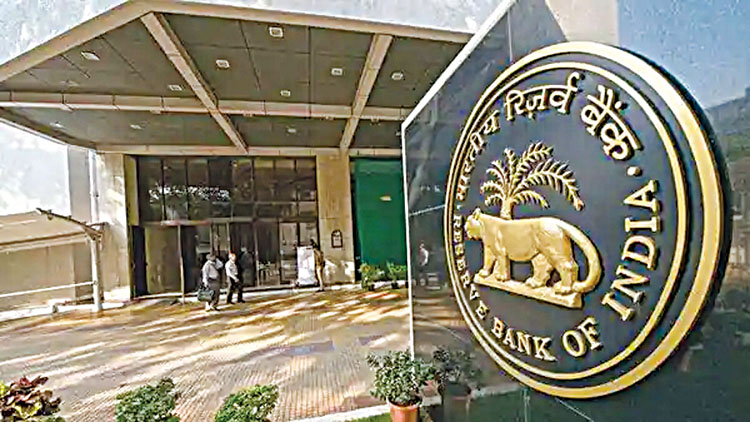New Delhi, April 22 (Bureau) Members of the RBI’s interest rate-setting panel expressed concern over rising inflation as they met on April 6-8 and decided to keep policy repo rate unchanged, according to the minutes of the monetary policy committee (MPC) released on Friday. RBI Governor Shaktikanta Das who chairs the MPC said that while the risks to domestic growth call for continued accommodative monetary policy, inflationary pressures necessitate monetary policy action.
“The circumstances warrant prioritising inflation and anchoring of inflation expectations in the sequence of objectives to safeguard macroeconomic and financial stability, while being mindful of the ongoing growth recovery,” Das said. India’s retail inflation surged to 6.95% in March while wholesale price inflation remained in double-digit during this period. In order to support growth, the MPC in its meeting maintained status quo on key policy rate but most economists expect the rate to be hiked in June meeting. The MPC is tasked to contain price rise through its monetary policy and keep retail inflation in the range of 2-6%. According to the minutes, MPC member Shashanka Bhide said that rise in prices of fuel and food items in March 2022 appears to be a first round impact with the full pass through of the rise in the international prices yet to be complete. He noted that uncertainty on the evolution of both growth and inflation in next 3-4 quarters has increased considerably.
“The prolonged war and its fallout may have accentuated the adverse impact of monetary policy tightening that has begun in several countries, especially on the growth front,” he said. As per the minutes of the six-member panel, Bhide stated that monetary policy tightening in the advanced countries is expected to continue in order to bring down the inflation rates, but it would also have a significant impact on trade and investment flows for the developing world. Ashima Goyal said that with some recovery and high commodity prices it will not be necessary to cut repo rates further. “Future policy will either pause or raise rates. Rebalancing of liquidity started in 2021, and has now reached a level, with new facilities to absorb liquidity, that is compatible with raising policy rates. Short rates are set to rise to make the repo rate the operational policy rate again,” Goyal said. RBI Deputy Governor and MPC member Michael Debabrata Patra underlined the inflationary pressure being felt by consumers. “With 60 per cent of developed countries facing inflation above 5 per cent – unheard of since the 1980s – and more than half of developing countries experiencing inflation above 7 per cent, the climb in prices is testing societal tolerance levels,” he said.

